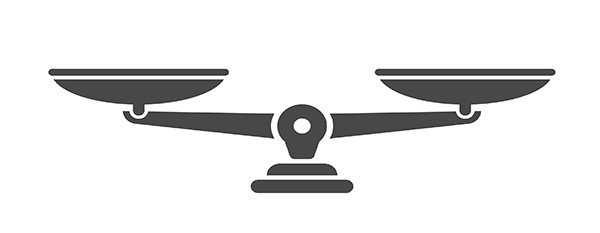Part Five in our Ten-Part Series on Investigation Blunders to Avoid
In the last few articles in this ten-part series, we’ve emphasized larger process and thoroughness issues, particularly in the early stages of an investigation. One overarching challenge to add to that mix is the need to remain impartial throughout the investigation. You are not building a case, either for or against the complaint. Rather, you must remain open to all reasonable possibilities and curious about where the evidence leads, wherever that might be.
It’s critical that the investigator you choose, whether they be internal or external, be able to maintain such impartiality. If you’re going to conduct the investigation internally, there should be no pressure placed on the investigator, directly or indirectly, to reach any particular finding.
Also, even where the investigator goes into an investigation feeling free and open to potential outcomes, there must be continued diligence on maintaining an open mind. As noted in our February article, that can be difficult to do, especially if evidence comes in heavily on one side early in the investigation. The order in which evidence comes in should not impact the weight given to respective pieces of evidence upon the completion of the entire process. Therefore, an investigator should be checking themselves throughout to make sure they are not prematurely reaching conclusions. Often, weighty and important evidence presents itself late in the process.
An investigator also should consider running the facts by other investigators to see if an outside perspective, seeing it all at once, views the weight of respective pieces of evidence similarly. At ILG, we often use such a “whiteboard” process to ensure that we do not close down areas of inquiry prematurely and have given all the facts full consideration.
In short, be curious and open throughout the entire process.
Avoid the Following Investigation Blunders
In February we provided you with an overview of “Investigation Blunders” to avoid in 2020 (click here). Over the rest of the year, we will be highlighting each in turn.
1.Not investigating “hearsay” or “rumor” or not investigating because the complainant asked you not to
2.Sitting on your hands
3.Prioritizing being done over being thorough
4.Failing to talk to comparators or former employees
5.Building a case instead of investigating a complaint with an open mind
6.Talking too much and/or closing off possible responses by using leading or accusatory questions
7.Not getting facts – letting the witness characterize events
8.Promising confidentiality
9.Checking your other senses – including common sense – at the door
10.Relying too much (or at all!) on “demeanor” evidence

